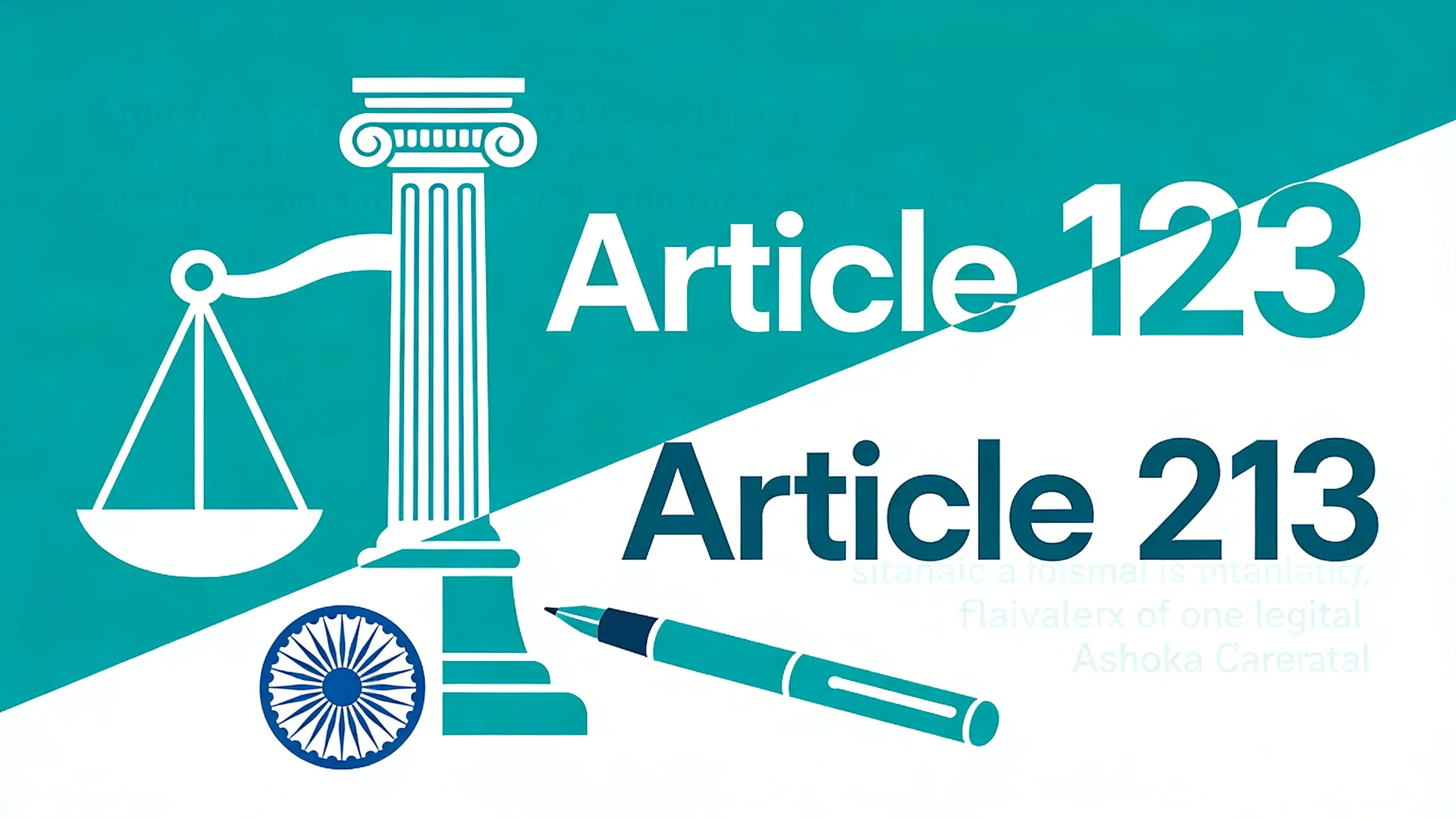
The DPDP Act 2023 Explained: A Complete Guide to India's New Data Protection Law
Understand the Digital Personal Data Protection Act 2023 (DPDP), India's new data protection law that establishes your rights, sets strict rules for businesses, and imposes penalties of up to ₹250 crore for non-compliance.
India has officially entered a new era of digital accountability with the passing of the Digital Personal Data Protection Act, 2023 (often called the DPDP Act 2023). This landmark legislation is India’s first dedicated and comprehensive law to govern how companies and the government can collect, store, and use your digital personal data.
Whether you’re an individual concerned about your privacy or a business operating in India, this new data protection act 2023 changes everything. It establishes clear rights for citizens and imposes significant obligations—backed by massive penalties—on organizations.
This guide will break down everything you need to know about the digital personal data protection act 2023, including its key concepts, your rights, business responsibilities, and the penalties for non-compliance.
What is the Digital Personal Data Protection (DPDP) Act, 2023?
The DPDP Act 2023 is a law designed to create a comprehensive framework for the processing of digital personal data. Its core purpose is to achieve two main goals:
- Recognize the right of individuals to protect their personal information.
- Acknowledge the need for organizations to process data for lawful purposes.
In simple terms, the DPDP Act is a rulebook that dictates how your personal data must be handled, shifting the balance of power from corporations to individuals.
Who Does the DPDP Act Apply To?
The Act has a very broad scope. According to Section 3, it applies to:
- All processing of digital personal data within the territory of India.
- Data collected in a physical, non-digital format that is later digitized.
- Data processing done outside India if it is related to offering goods or services to individuals within India. (This means foreign companies like Google, Meta, and Amazon must comply).
However, the Act does not apply to:
- Data processed by an individual for any personal or domestic purpose.
- Personal data that an individual makes publicly available themselves (e.g., in a public blog or social media post).
Key Players in the DPDP Act: Understanding the Terminology
To understand the law, you need to know the main players defined in Section 2:
- Data Principal: This is you—the individual to whom the personal data belongs.
- Data Fiduciary: This is any organization (company, government body, or individual) that decides the “why” and “how” of data processing. Think of your bank, a social media platform, or an e-commerce site. They are the primary entity responsible for protecting your data.
- Data Processor: An entity that processes data on behalf of a Data Fiduciary. For example, a cloud provider like AWS storing data for a company is a Data Processor.
- Personal Data: Any data about an individual who can be identified from that data. This includes your name, phone number, Aadhaar, financial records, IP address, and more.
The Core of the DPDP Act: Obligations for Businesses (Data Fiduciaries)
This is the most critical part for any organization. The DPDP Act imposes several fundamental obligations.
1. The Golden Rule of Consent (Section 6)
Consent is the cornerstone of the DPDP Act. For consent to be valid, it must be:
- Free, specific, and informed: Users must know exactly what they are consenting to.
- Unambiguous and a clear affirmative action: No more pre-ticked boxes. Users must actively opt-in.
- Easily Withdrawable: It must be as easy for a user to withdraw their consent as it was to give it.
2. The Duty of Notice (Section 5)
Before or at the time of requesting consent, a Data Fiduciary must provide a clear and simple notice explaining:
- What personal data is being collected.
- The specific purpose for which it will be used.
- How the user can exercise their rights and file a complaint.
3. Purpose Limitation and Data Erasure (Section 8)
Data can only be collected for the specific purpose stated in the notice. Once that purpose is fulfilled, the Data Fiduciary must erase the personal data. This enshrines a “Right to be Forgotten” into law, preventing companies from holding your data indefinitely without a valid reason.
4. Mandatory Data Breach Notification (Section 8)
If a personal data breach occurs, the Data Fiduciary has a legal duty to notify both:
- The Data Protection Board of India.
- Every affected individual (Data Principal).
This ends the practice of companies hiding data breaches from their users.
5. Stronger Security Safeguards (Section 8)
Organizations are legally required to implement “reasonable security safeguards” to prevent data breaches. Failing to do so can result in one of the heaviest penalties under the Act.
Special Protections for Children’s Data (Section 9)
The DPDP Act 2023 provides some of the world’s strongest protections for children (individuals under 18). It requires Data Fiduciaries to:
- Obtain verifiable consent from a parent or legal guardian before processing a child’s data.
- Refrain from any data processing that could cause a detrimental effect on a child’s well-being.
- Strictly prohibits tracking, behavioral monitoring, or targeted advertising directed at children.
Your Rights as an Individual (Data Principal)
The digital data protection act 2023 empowers you with several key rights:
- Right to Access Information (Section 11): You can request a summary of your personal data held by a company and a list of all third parties with whom it has been shared.
- Right to Correct and Erase Data (Section 12): You have the right to correct inaccurate or incomplete data and request its erasure once its purpose is served.
- Right to Grievance Redressal (Section 13): You have the right to an easily accessible grievance redressal mechanism. You must first approach the company with a complaint before escalating it to the Data Protection Board.
- Right to Nominate (Section 14): You can nominate another person to exercise your rights in the event of your death or incapacity.
The Teeth of the DPDP Act: Penalties for Non-Compliance
This is where the DPDP Act gets serious. The Data Protection Board of India can impose massive financial penalties for violations. The key penalties, as listed in the Schedule, can go up to:
| Breach | Maximum Penalty (INR) |
|---|---|
| Failure to take security safeguards to prevent a data breach | ₹250 Crore |
| Failure to notify the Board or users of a data breach | ₹200 Crore |
| Non-fulfillment of obligations related to children’s data | ₹200 Crore |
| Non-fulfillment of obligations as a Significant Data Fiduciary | ₹150 Crore |
| Breach of any other provision of the Act | ₹50 Crore |
| Breach of duties by a Data Principal (e.g., filing false complaints) | ₹10,000 |
These staggering figures make compliance a top priority for all organizations.
The Future of Data Privacy in India
The Digital Personal Data Protection Act, 2023, is more than just a law; it’s a fundamental shift in India’s digital culture. It establishes a new standard of accountability, forcing organizations to treat personal data with the respect and security it deserves.
For businesses, the message is clear: adapt or face severe consequences. For individuals, the DPDP Act provides powerful new tools to reclaim control over your digital lives. This is truly the beginning of a new, more transparent, and rights-focused digital India.


